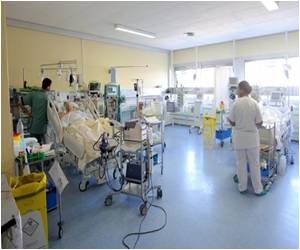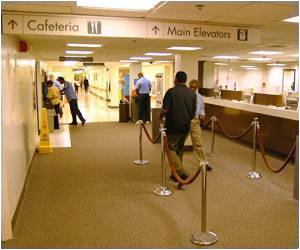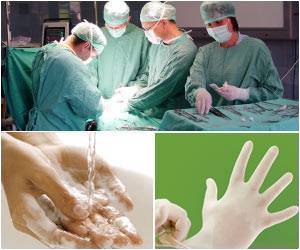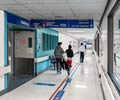In the United States, healthcare-associated infections kill 75,000 patients per year, say authorities.

"Although there has been some progress, today and every day more than 200 Americans with healthcare-associated infections will die during their hospital stay," said CDC Director Tom Frieden.
"The most advanced medical care won't work if clinicians don't prevent infections through basic things such as regular hand hygiene."
The data, published in the New England Journal of Medicine, came from 183 US hospitals in 2011.
That year, the CDC survey found that about 721,800 infections occurred in 648,000 hospital patients.
Some 75,000 patients with healthcare-associated infections died during their hospitalizations.
Advertisement
The germs causing these infections were C. difficile (12 percent), Staphylococcus aureus, including MRSA (11 percent), Klebsiella (10 percent), E. coli (9 percent), Enterococcus (9 percent), and Pseudomonas (7 percent).
Advertisement
Bloodstream infections were down 44 percent between 2008 and 2012, and infections related to 10 selected surgical procedures were down 20 percent in the same timeframe.
Hospital infections with MRSA and C. difficile showed less substantive declines, at four percent and two percent respectively from 2011 to 2012.
The United Sates is "making progress in preventing healthcare-associated infections," said Patrick Conway, chief medical officer at the Centers for Medicare and Medicaid Services (CMS).
He said the gains come from three main mechanisms, including financial incentives, performance measures and public reporting to improve transparency, and increased use of interventions that have proven effective.
"This progress represents thousands of lives saved, prevented patient harm, and the associated reduction in costs across our nation."
Source-AFP










